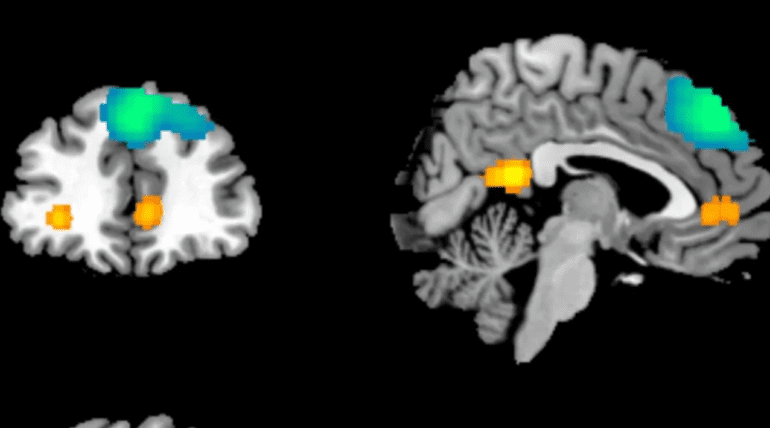- University of Essex’s groundbreaking study, led by Dr. Megan Klabunde, utilizes AI to analyze brain scans of childhood trauma survivors.
- Findings reveal significant alterations in brain clusters affecting cognitive functions and emotional regulation.
- Survivors like Valerie and Kari express gratitude for understanding the neurological underpinnings of their experiences.
- The research highlights the inadequacy of current therapeutic approaches in addressing the broader implications of trauma.
- Dr. Klabunde emphasizes the potential for tailored interventions to facilitate healing and reverse the adverse effects of traumatic experiences.
Main AI News:
In a breakthrough study conducted by the University of Essex, artificial intelligence (AI) has delved into the depths of hundreds of brain scans of individuals who endured childhood trauma, shedding new light and hope on their journey towards healing.
Led by Dr. Megan Klabunde, a prominent figure in child clinical and health psychology at the University of Essex, this research uncovers profound insights into how trauma shapes the developing brain and impacts crucial areas such as problem-solving and empathy.
The findings reveal distinct alterations within key brain clusters, highlighting the profound impact trauma can have on cognitive functions and emotional regulation. Dr. Klabunde emphasizes that these changes extend beyond mere cognitive processes, affecting memory, decision-making, and self-awareness.
This pioneering study signifies a monumental leap forward in understanding the intricate relationship between childhood trauma and neurological development. By harnessing the power of AI, researchers have identified nuanced patterns within brain data, offering a comprehensive understanding of the lasting effects of trauma.
For survivors like Valerie, who endured the horrors of female genital mutilation (FGM) at the age of 16, this research represents a beacon of hope amidst years of physical and emotional anguish. Similarly, individuals like Kari, who grappled with the aftermath of childhood sexual abuse, find solace in understanding the neurological underpinnings of their experiences.
As members of the Essex Trauma Ambassadors, a support group dedicated to aiding survivors and shaping healthcare services, Valerie and Kari embody resilience in the face of adversity. Their stories underscore the profound impact of trauma on relationships, self-perception, and overall well-being.
Dr. Klabunde’s research not only illuminates the complex interplay between trauma and the brain but also underscores the inadequacy of current therapeutic approaches. Beyond addressing symptoms of post-traumatic stress disorder, it is imperative to recognize and address the broader implications of trauma on the body, identity, and interpersonal connections.
With a deeper understanding of how trauma reshapes neural pathways, there is newfound hope for tailored interventions that can facilitate healing and reverse the adverse effects of traumatic experiences. As Dr. Klabunde aptly states, “It brings hope because the right treatments can help to reverse that brain rewiring,” ushering in a new era of trauma-informed care and resilience.
Conclusion:
The University of Essex’s pioneering research signifies a significant advancement in trauma-informed care, offering hope for tailored interventions and reshaping the landscape of mental health treatment. Organizations in the healthcare sector should consider integrating AI-driven approaches to better support childhood trauma survivors and address the complex interplay between trauma and neurological development.

